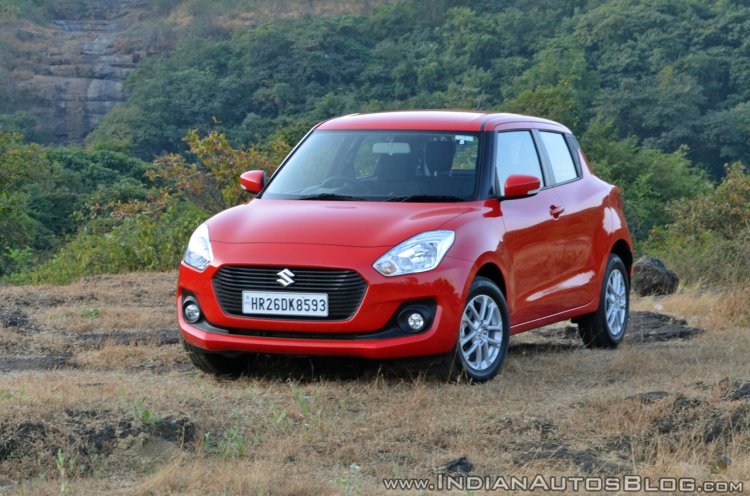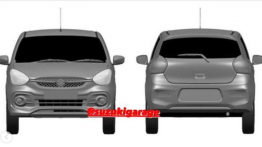Maruti Suzuki is left with a huge stock of unsold vehicles this year-end, which has compelled it to look for customers even internally. So, it introduced a “Hum Saath Saath Hain” scheme for its dealers, vendors, parts distributors and marketing agencies this month.

Under the special discount scheme, the privileged Maruti Suzuki prospects can get an additional discount ranging from INR 5,000- 15,000 depending on the model. The Alto 800, Celerio, Wagon R, Eeco, Omni and Vitara Brezza are available for an additional discount of INR 5,000. The Ignis, Baleno, Swift and Dzire are available for an additional discount of INR 10,000.
Maruti Suzuki’s two most expensive models, the Ciaz and the S-Cross, are available for the highest additional discount of INR 15,000. The company isn’t offering any such incentive for the all-new Ertiga, as that’s a fresh model. The employees willing to avail the additional discount are required to provide the proof of their employment with the ID card or a salary slip. Today is the last day to avail the additional discount.
Maruti Suzuki had a stock of over 1.5-2 lakh units till the end of November 2018. The company’s management wanted to begin 2019 with minimal stock. So, the sales and marketing teams were permitted to go for this promotional scheme. Some vendors have a target of at least 50-100 units within their organisations. Mailers, banners, posters and canopies - Maruti Suzuki is using them all to push sales as much as it can internally.

Also See: 2019 Maruti Wagon R's exterior leaked ahead of launch next month
Maruti Suzuki had forecasted double-digit growth in FY2019, but earlier this month, it reduced that number to around 8%.
[Source 1: money.bhaskar.com]
[Source 2: economictimes.indiatimes.com]






















































